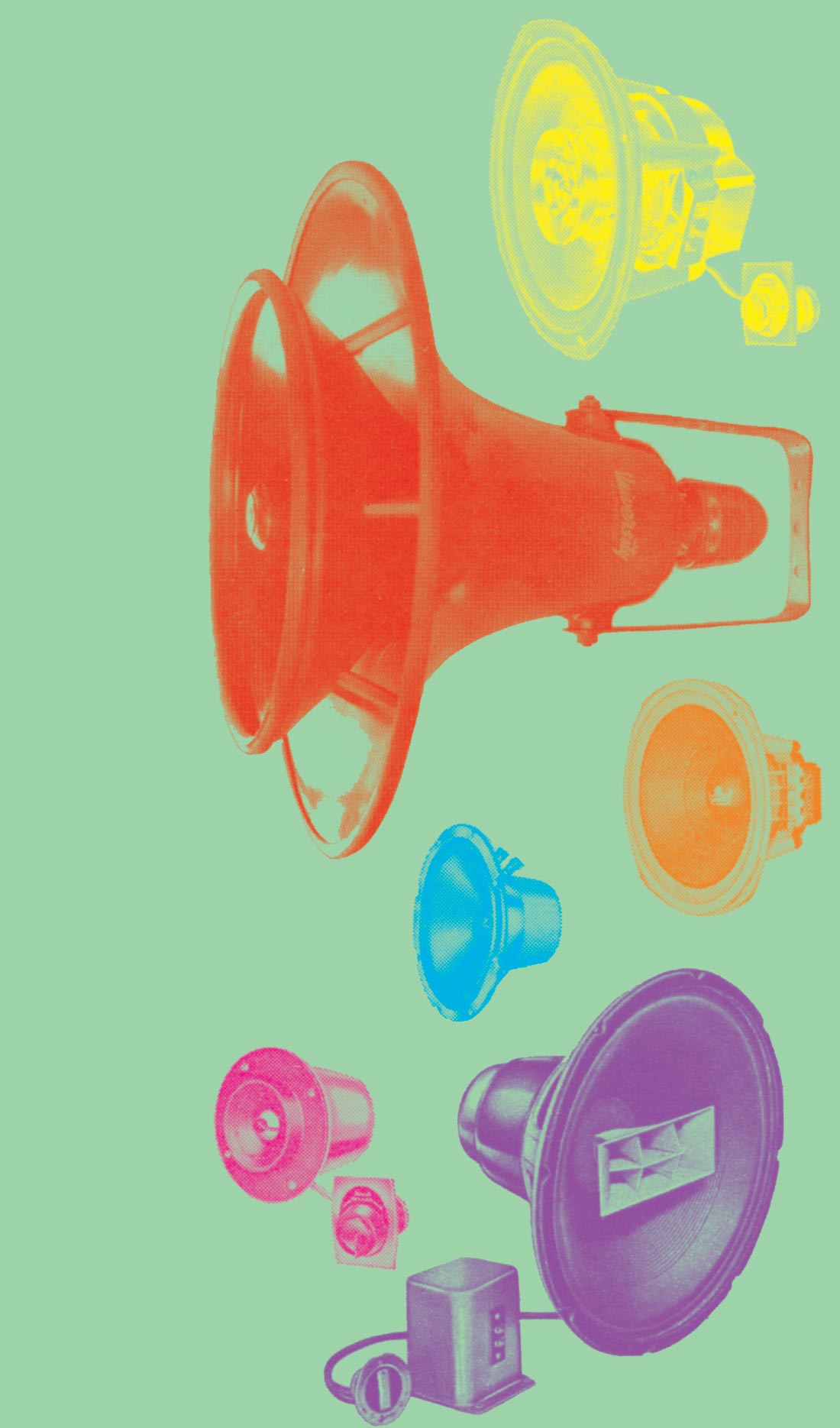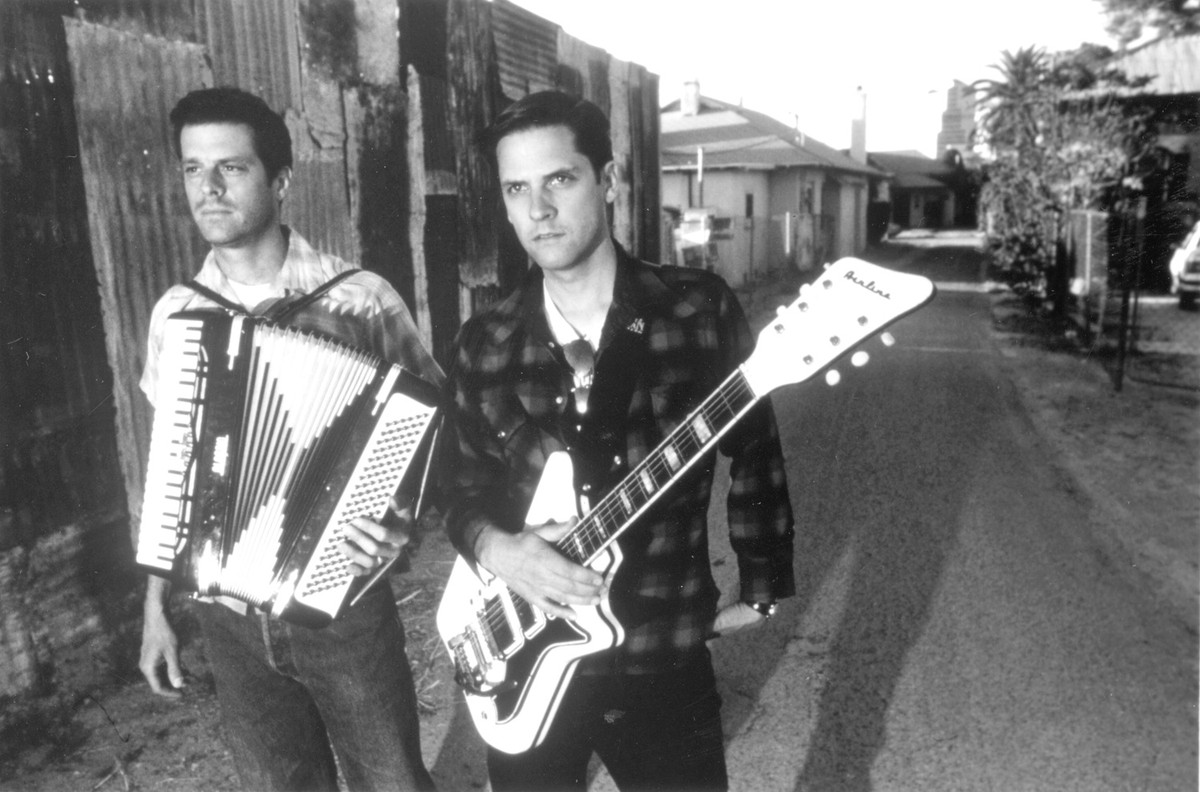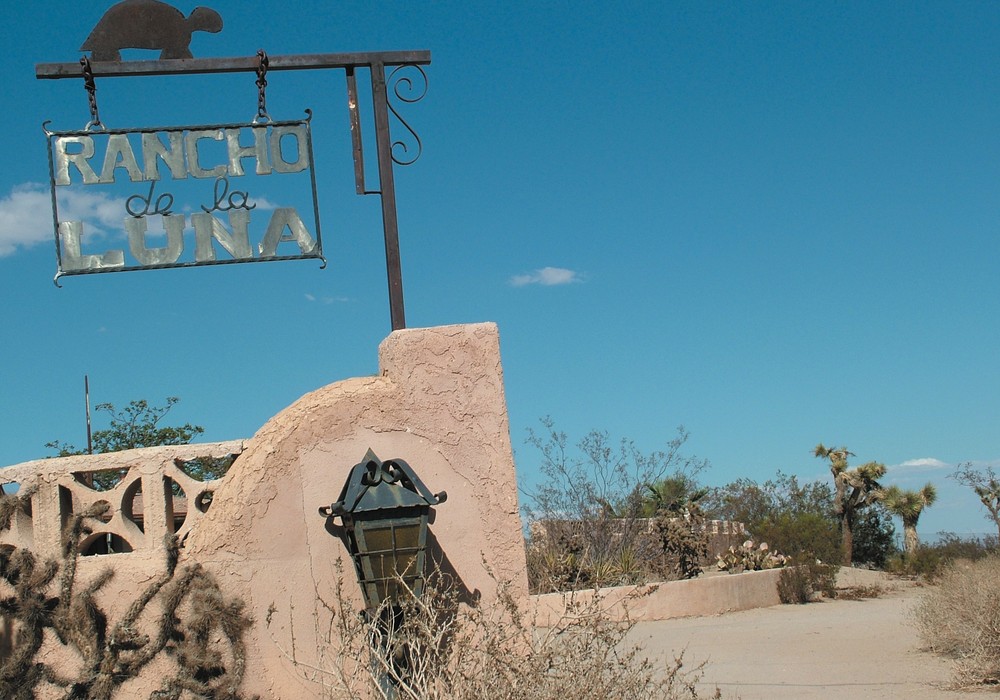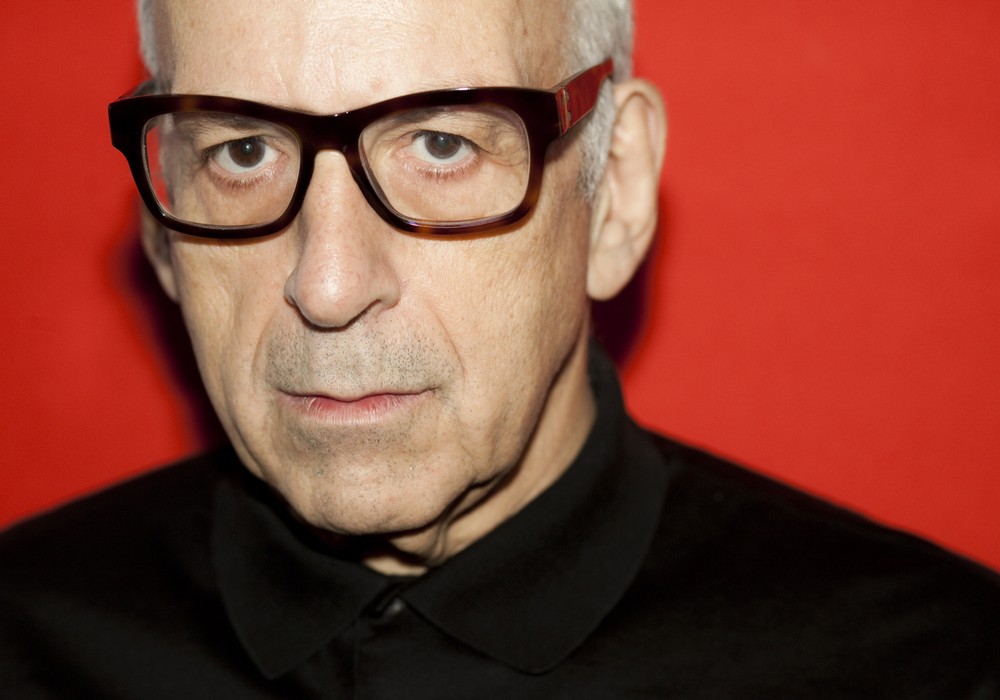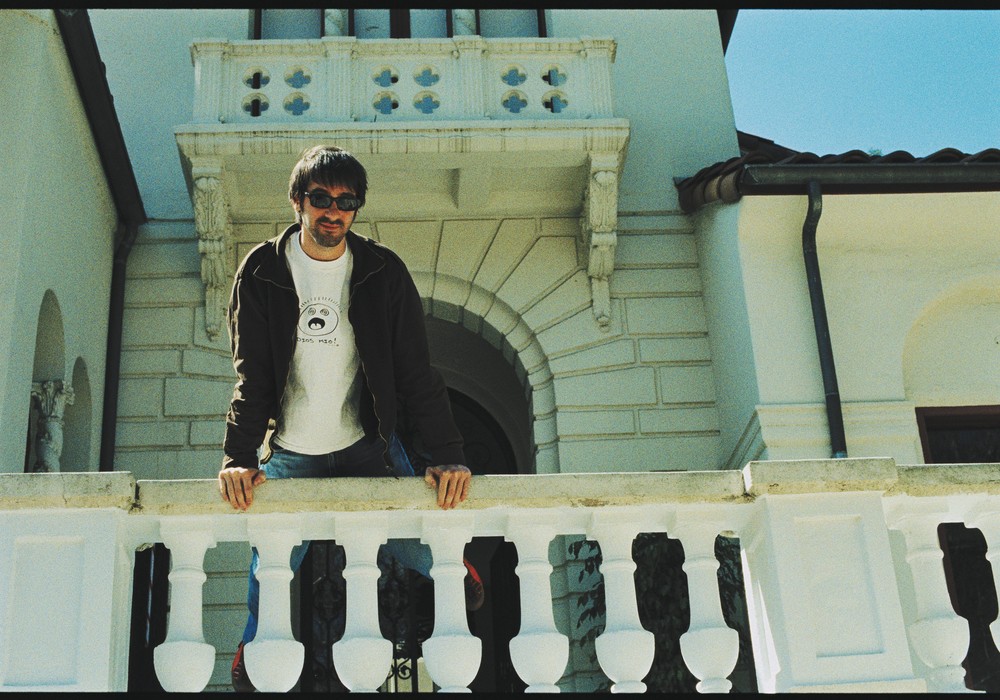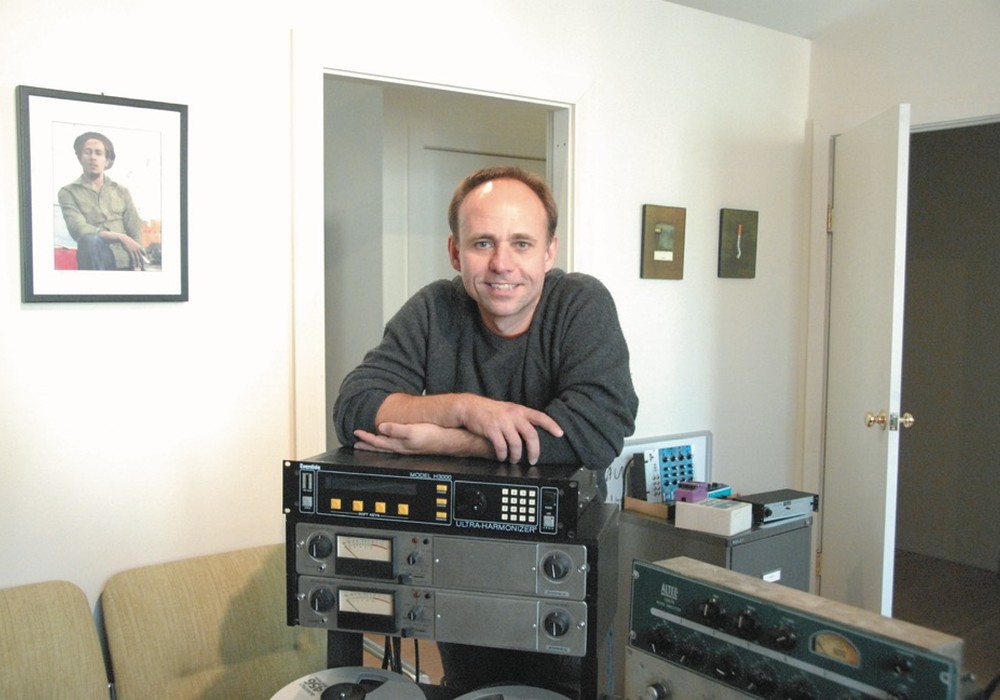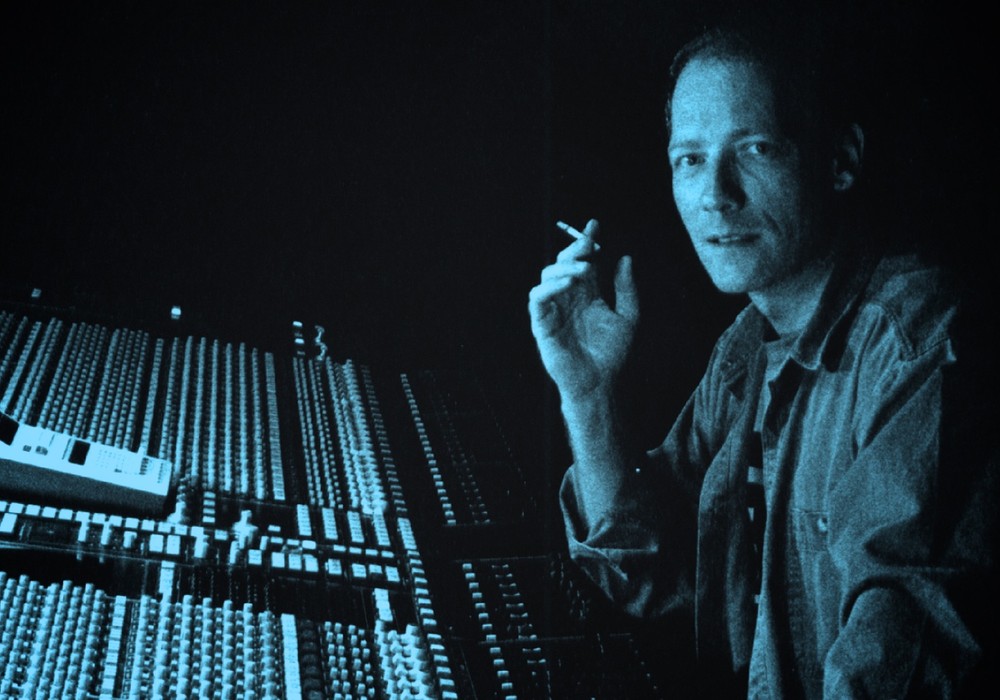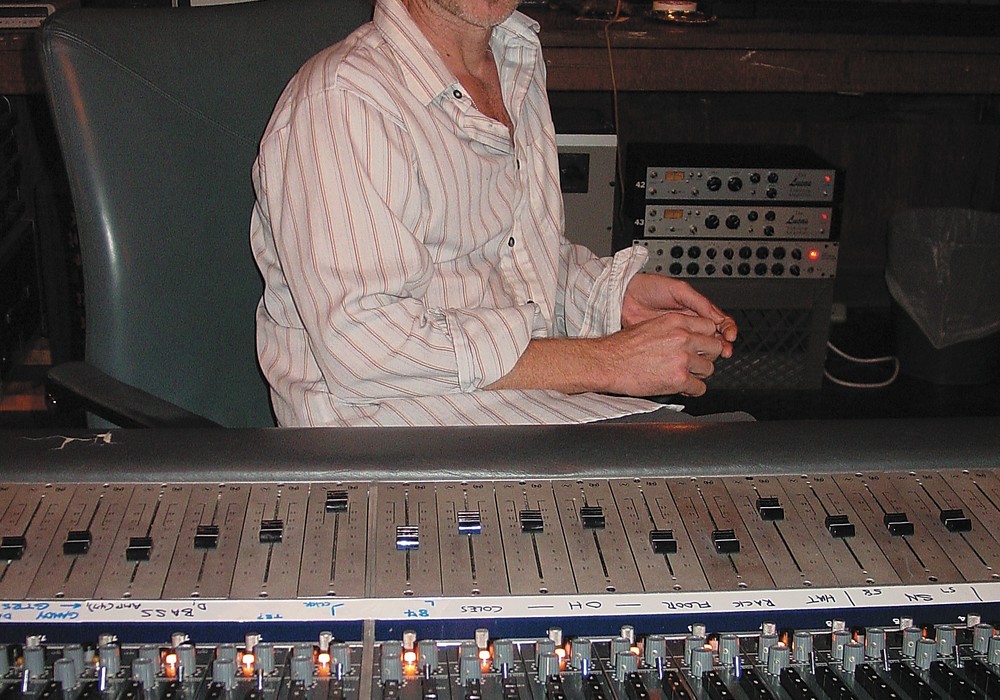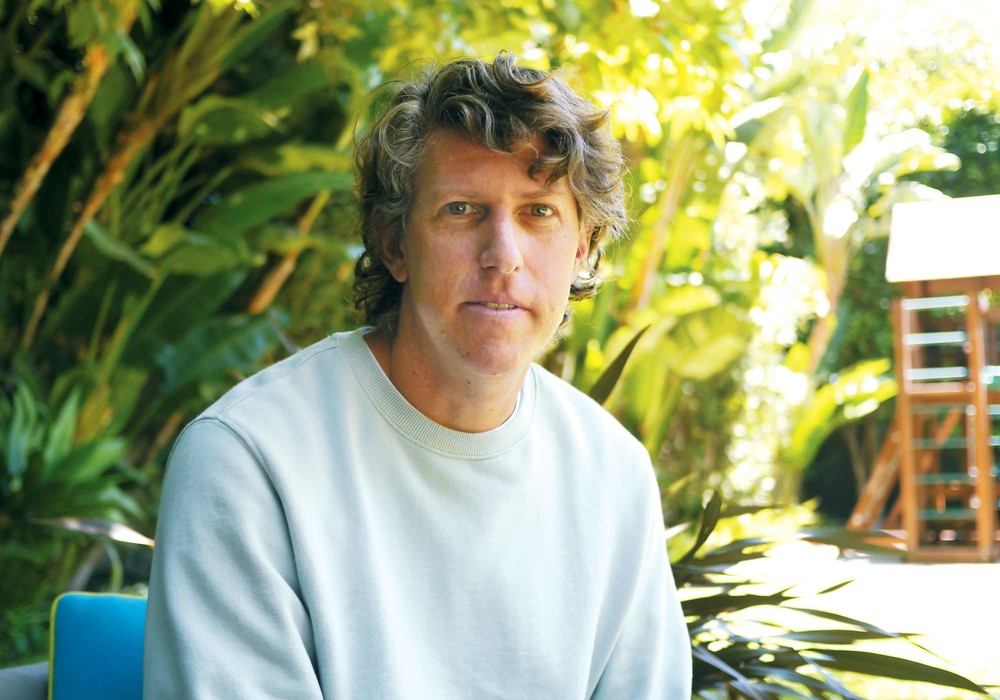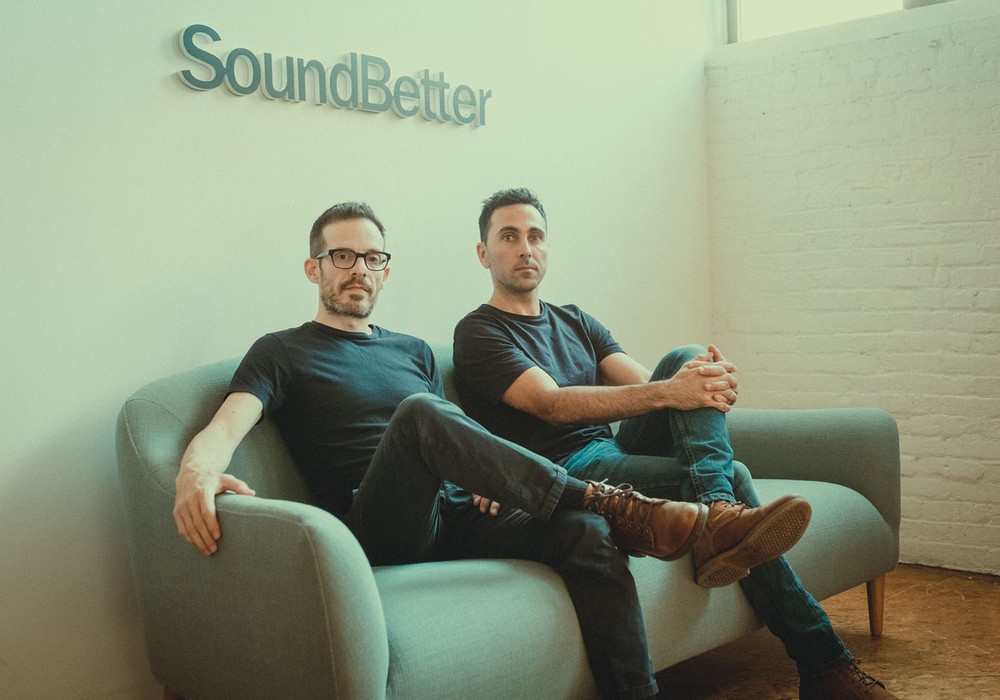The first time I tried to reach Giant Sand, OP8 and Calexico drummer/multi-instrumentalist John Convertino at his Tucson, Arizona home he didn't answer the phone. It seemed only natural that when he called back he told me he hadn't heard the ring because he was playing the drums. He and the other musical head behind Calexico, Joey Burns, have been busy. With the follow-up to their first record Spoke, the latest Calexico release The Black Light has kept them on the road in Europe and around the States, seemingly around the clock. But in addition to their rigorous road diet, they have managed to play and record with artists such as Richard Buckner, Barbara Manning, Doug McCombs and their musical alter egos (with long time friend and Tucson music-man Howe Gelb [Tape Op #12]) Giant Sand and OP8. I talked to both of them during some of their time off and asked them about the recordings, the bands, the music business, and Tucson.
First I talked to John
All these great records have come out of Tucson that you've been a part of. Is Giant Sand sort of the hub of the wheel of projects so to speak (OP8, Calexico, Giant Sand)?
I've heard other people use this word a lot, like Howe especially: reinvention. I think as a way of being able to survive as a musician you have to be able to reinvent what you do. If I scale it down to what I do as a drummer... if I set my drums up different or use a different drum set or even if I just turn a cymbal upside down it will just automatically make me think and play a different way. With that same concept if it reverberates out and you do something as drastic as change the name of the band even, it's going to totally change what you do. I think Giant Sand kind of centered around what Howe would bring to the table and Joey and I would add our ingredients to the dinner. OP8 was originally Howe, Joey and I experimenting with different ways of putting songs together. You know I'm playing vibes now and accordion, and Joey's playing guitar more now. So it was branching out on different instruments. Then Lisa Germano jumped in there and it became a whole record.
How did Lisa get involved?
Her record company at the time was wanting their artists to work with different musicians. Since we met her in New Orleans, when we (Giant Sand) were doing the Glum record, we all got along really well. So when the label challenged her to work with other people she said "I wanna work with the Giant Sand guys." Her label didn't really like what she was doing with us so that freed us up to finish it, do a whole record and then shop it around. That, consequently, got the V2 [records] thing going for Giant Sand.
So I heard the new OP8 is not going to be with Lisa Germano?
The idea was to try and bring in different people. To leave it more open.
You and Joey seem like the dream session players for so much stuff. You did the Barbara Manning and the Richard Buckner records. Do you promote yourself as session players?
No, it just pretty much happens. If a person hears something they like and they think we can work with us they contact us. Although there are people I'd love to work with like Chan from Cat Power. I really like that record (Moon Pix). I think she would be a great OP8 candidate. I'd love to work with Lisa again but it's hard with schedules. It's hard to force these things. You kind of have to allow them to happen. That's like the first OP8 record. It's weird when things get forced and expectations get put on it. It ruins it.
The new album that you just did... did you write stuff like you always have in Giant Sand or more like "reinvention" of an old band?
I think Howe really had to dig deep and go into different more territories than he has before because he was working with a major label. I think they were wanting something more specific than Giant Sand has ever had to come up with. More radio friendly. For me personally it was a more difficult thing for me.
In the recording process?
Yeah. There were ideas that I had that weren't really able to happen because we were working with a producer and on a major label. It just wasn't as free. The label (V2) put up a budget. It's all in the contracts. The studio and the producers all have to be approved by both sides: the band and the label.
Your Calexico records came out on Quarterstick, an indie label.
Yeah totally independent, practically no budget.
You're able to have total freedom when you record something. How do you feel about having more money to record?
With Glum (Giant Sand) it was neat because we got to go to New Orleans (Kingsway Studio) and live in the studio and work with really...
